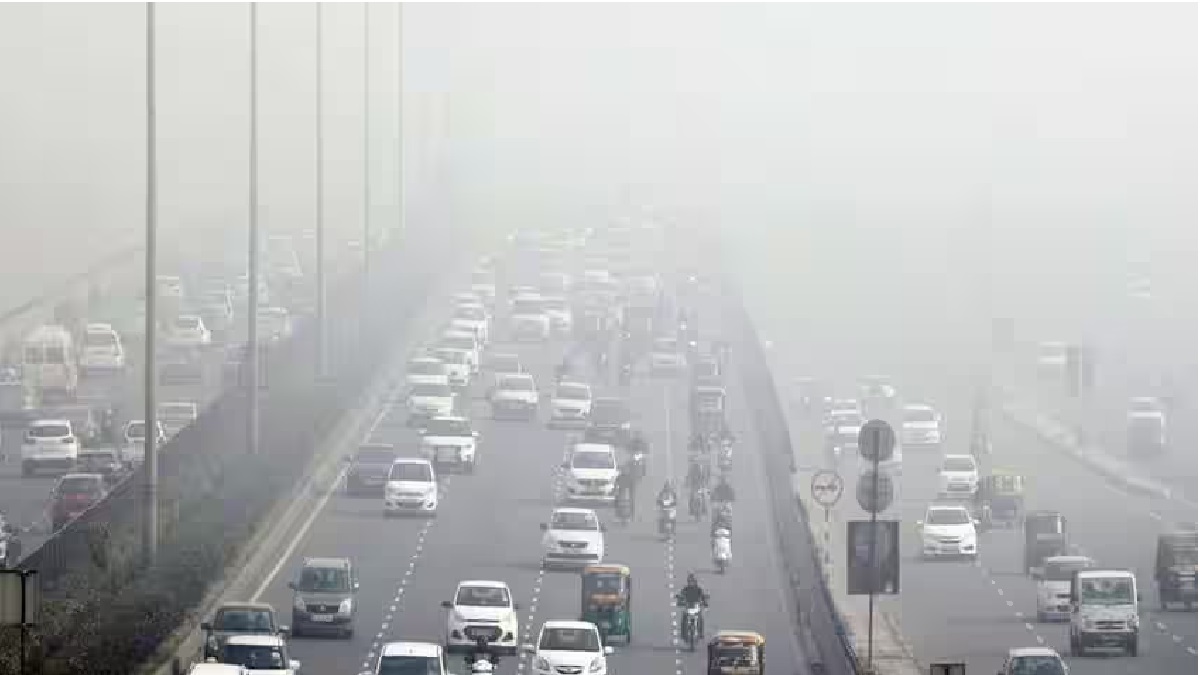New Delhi. In view of the increasing air pollution in Delhi and NCR, the Air Pollution Control Panel of the Center has directed to implement the first phase of GRAP (Graded Response Action Plan). This phase includes banning open burning of garbage, limiting the use of diesel generators, and the use of coal or firewood in eateries. This direction was taken after Delhi’s air quality was recorded in ‘poor’ category for two consecutive days.
Pollution level in Delhi on 14 October
According to PTI report, on October 14, Delhi’s Air Quality Index (AQI) reached 234, which falls in the ‘poor’ category. According to the Central Pollution Control Board (CPCB), Delhi’s AQI was recorded at 224 after Dussehra on October 13. These figures show the continuous deterioration of air quality. Earlier, on September 25, the air quality had fallen into the ‘poor’ category.
CAQM urges the citizens of NCR to follow the steps mentioned in the Citizen Charter of Stage-I of GRAP.
,
,
,
,@moefcc @CPCB_OFFICIAL @dpcc_pollution @UPPCBLKO @RSPCB_official #HSPCB pic.twitter.com/yCwraxH6GB— Commission for Air Quality Management (@CAQM_Official) October 14, 2024
Increase in incidents of stubble burning
Last week, there has been an increase in the incidents of stubble burning in the fields. According to satellite data, incidents of stubble burning have increased in Punjab, Haryana and Uttar Pradesh. More than 100 incidents of stubble burning were recorded in Punjab between 10 and 13 October. On Monday, 68 incidents were recorded in Punjab alone, 29 in Haryana and 25 in Uttar Pradesh.
Sanctions implemented under GRAP-1
The first stage of GRAP is implemented when AQI crosses 200. This is seen as special measures for pollution control during cold season. Under this, emphasis is laid on reducing dust at construction sites, waste management, and regular cleaning of roads.
Other restrictions include:
– Ban on private construction projects larger than 500 square meters.
– Action against polluting industrial units and thermal power plants.
– Ban on production, storage, and sale of firecrackers.
– Strict monitoring of old petrol and diesel vehicles.
– Water sprinkling to control dust on roads.
– Ban on burning garbage in the open.
– Deploying police at crowded places for traffic management.
– Strict adherence to PUC rules.
– Ensuring minimum power cuts.










